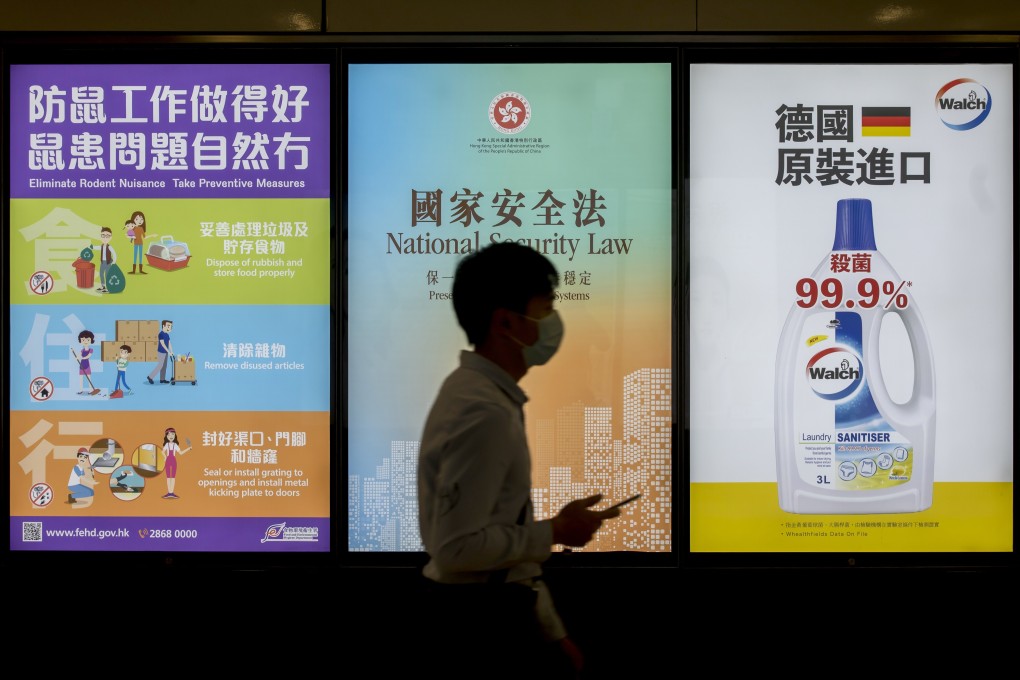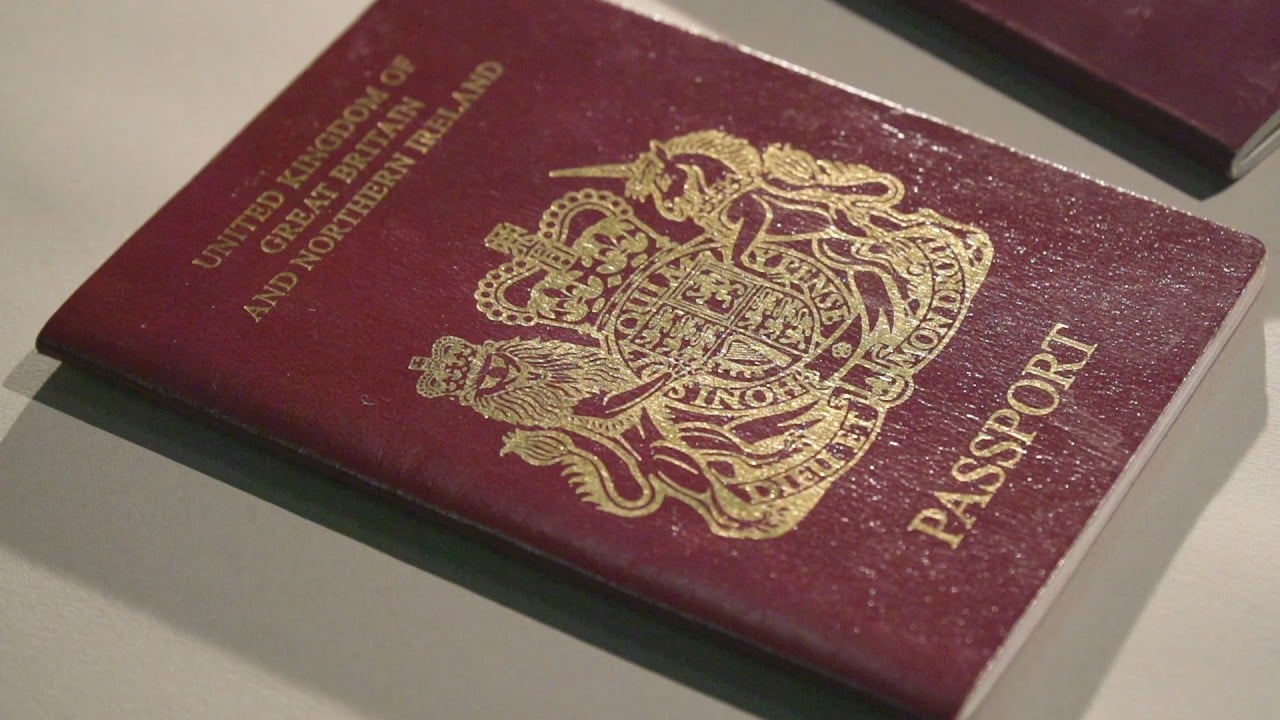On Reflection | Leaving Hong Kong isn’t the answer. Staying and building a new one is
- It is not only the national security law and protests that have some heading for the exit – high living costs and limited social mobility are playing a part too
- If a foreign government can purport to offer a million passports, surely the Hong Kong government working with developers and banks can offer a million homes.


01:38
UK offers Hongkongers with BN(O) passports path to citizenship after new national security law
A young Hong Kong family may choose to leave for a variety of reasons. One reason, commonly highlighted by the media, is apprehension over how the national security law will be applied, given all the fear that is being generated by the global media. But there are other more practical reasons too. Last year’s social unrest was disruptive:families may choose to leave in search of stability – e.g., educating their children – regardless of how they felt about the protests themselves despite the various downsides of moving overseas.
Hong Kong is not alone in having a young population that is disillusioned and discontented with the status quo, marked by diminished social mobility, increased competition, higher cost of living, relatively low political representation and irresponsible politicians. The difference is that Hong Kong’s openness means that its young professionals can – or at least believe they can – find opportunities overseas. They will be neither the first nor the last to discover that the grass is not always greener elsewhere and hanker for home later in life, often with regrets.
